Our fifth annual Transition Summit, which this year focused on the topic of housing, was held on Saturday, April 13, at the Hoffman Estates Village Hall. A capacity crowd gathered to hear from a variety of speakers addressing everything from Supportive Housing and Community Integrated Living Arrangements (CILAs) to family-driven creative housing models.
Kelly Stumme and Caren Musembi from Ray Graham Association kicked off the event talking about how to create a vision for housing. Rather than focusing on the bricks and mortar, they explained that it’s more important to determine how you want to live your life and then find others who share the same goals. While creating a home can be a long journey, through customization and family partnerships the dream can become a reality.
Julie Nelson, Corporation for Supportive Housing (CSH), next addressed the concept of supportive housing, which separates the funding for the physical home from the funding for services. Supportive housing is affordable (30% of income for rent) and can be accessed through the Statewide Referral Network or the local Public Housing Authority. Individuals must also have any necessary support services in place, which can be funded through intermittent CILA, Home-Based, or private pay.
Following Julie’s presentation, we were fortunate to hear first-hand about how Supportive Housing works from David F. and Clearbrook’s Jennifer Robinson. David shared the story of his journey to get his own apartment using the Supportive Housing model and his new life on his own, which includes both working and volunteering in the community. As Supportive Housing Coordinator, Jennifer helps her clients achieve their goals of living independently.
We spent the afternoon talking about both CILAs (Community Integrated Living Arrangements) and family-driven creative housing models.
On the topic of CILAs, we were fortunate to hear from three families, each with a unique story to tell. First, Gary Brunet and Dixie Contreras spoke about their experiences buying a home and turning it into a CILA for Dixie’s son Nathan. From partnering with an agency and choosing a location, to dealing with renovations and finding housemates, Gary and Dixie walked us through their process and how family involvement is key. Tony Stahl and his daughter Allison next talked about Allison’s accessible 3-person CILA in Sycamore. Allison, who has Cerebral Palsy and substantial support needs, works with service provider Help at Home. Allison, her parents, and her other Microboard members are continuously working to improve her home. Finally we heard from parent Eileen Bennin along with Kim Berenberg, Clinical Services Division Manager at Glenkirk. Eileen spoke with honesty and humor about raising two adult sons with autism and developmental disabilities and the challenges and frustrations in finding services to meet their unique behavioral needs. Through hard work and a positive partnership with Glenkirk, Eileen’s sons are living in a CILA and have achieved meaningful and productive lives.
Our discussion on family-driven creative housing models began with Hugh Miller and Beverly Pullman from Our House Communities (OHC). With an inaugural home in Wilmette, OHC has a goal of creating cutting-edge residential options for those who want to live on their own, control their day-to-day activities, and reside in their home community. The Wilmette house is home to four young men and a live-in House Manager and is operated as an intentional community, with the individuals sharing their lives and supporting each other in attaining their personal goals. We also heard from Tony Brescia, Joelle Brescia, and Don Germano from Project ALEX Communities, Inc. Envisioned to be an Adult Living EXperience for special needs adults, family, and community members, the Brescias got the idea for Project ALEX while visiting Joelle’s parents at Friendship Village. Hoping to create a community where residents live, work and recreate together, they are actively pursuing partners to construct and operate this community.
Thank you to all our speakers for their willingness to share their time and experiences with our Summit attendees. For those who could not attend, videos from this event will be edited and posted to YouTube in the coming months. Copies of the PowerPoints are also available upon request by emailing us at ConnectToCommunityInc@gmail.com.
This event would not have been possible without the support of many organizations and individuals: the Village of Hoffman Estates and their Commission for People with Disabilities provide our fantastic venue, morning refreshments and tech support; the Northwest Suburban Special Education Organization (NSSEO) prints all our seminar materials and provides continuing education credits; Palatine Township provides grant funding in support of Connect to Community’s Educational Outreach series; Photographer Mona Morrison and Videographer Ric Signorella for their professional services; and Volunteers Stephanie Matthias, Cherie Humphrey and Rita Duffy.
Thank you to all for another successful event!
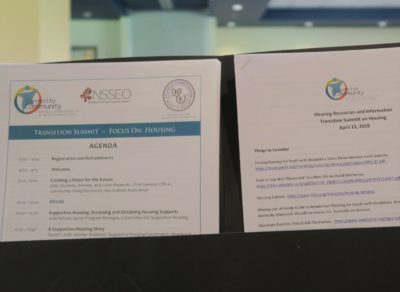
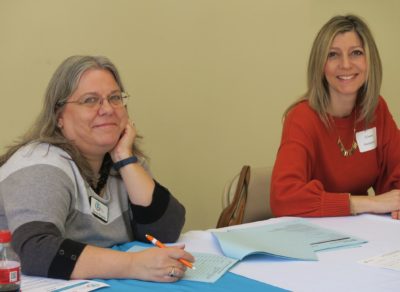
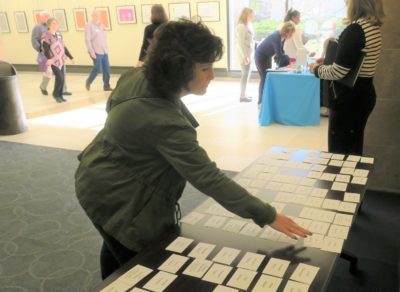
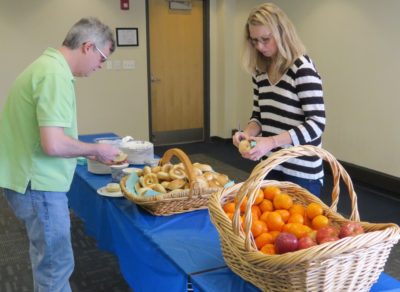
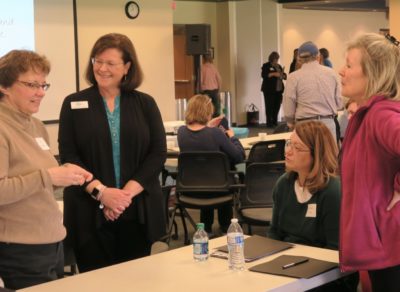
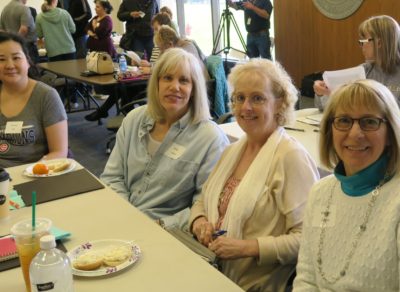
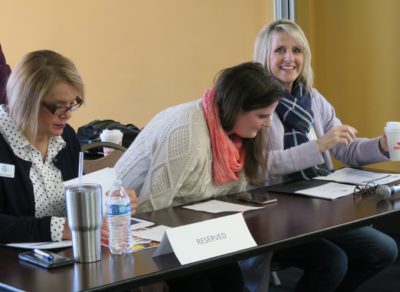
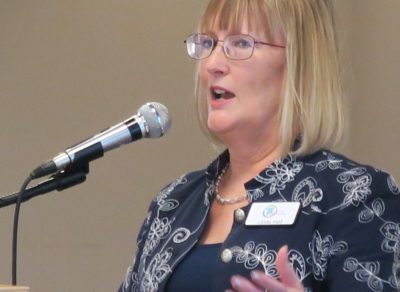
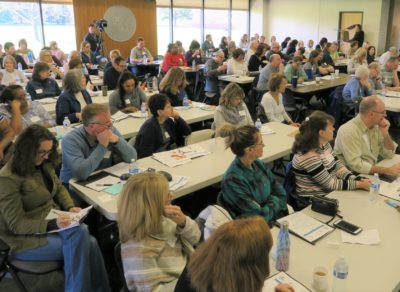
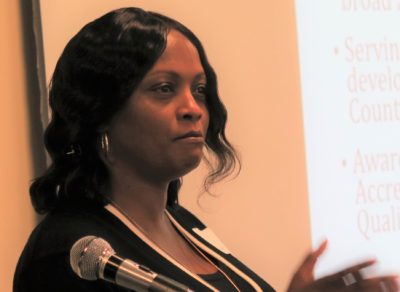
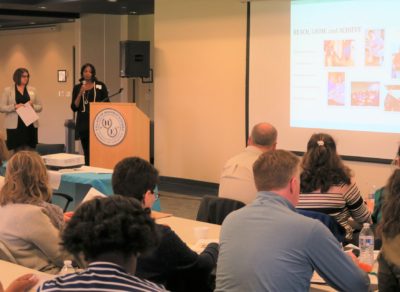
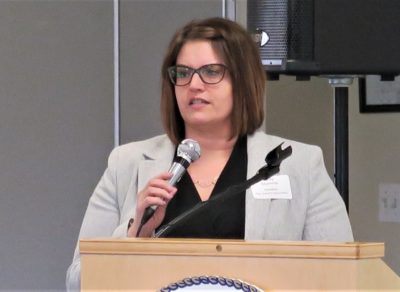
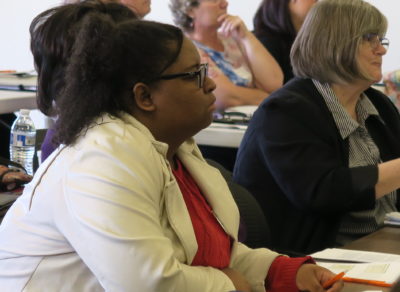
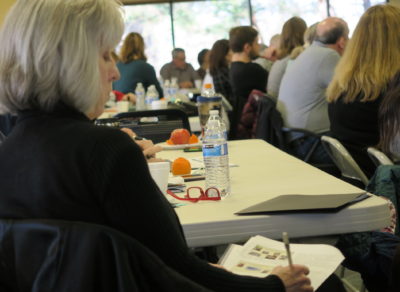
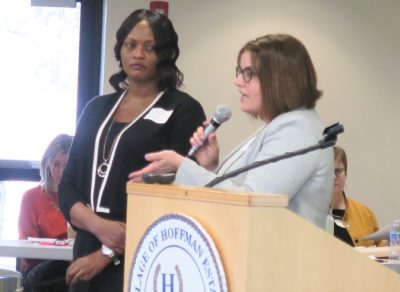
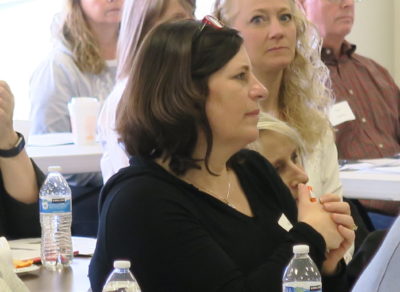
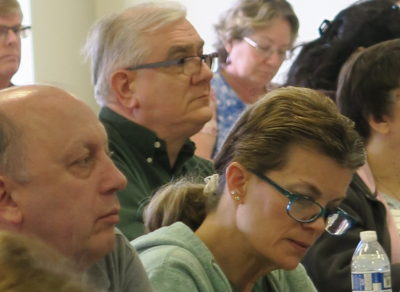
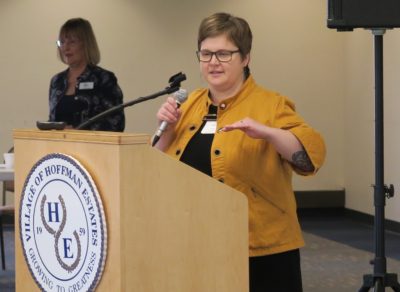
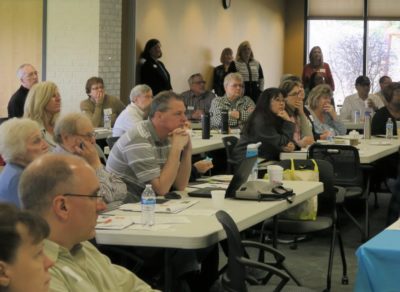
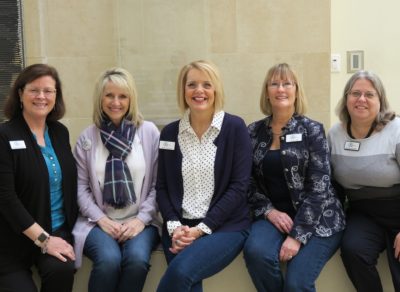
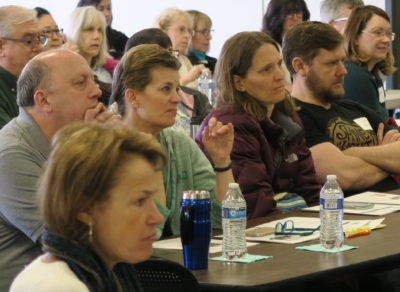
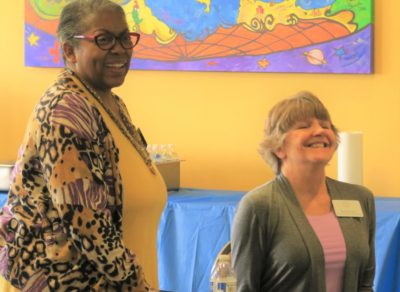
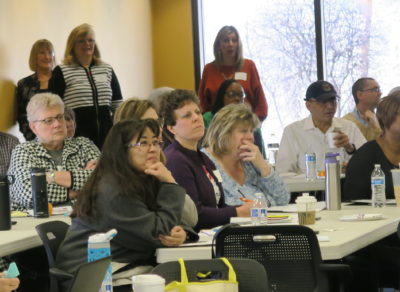
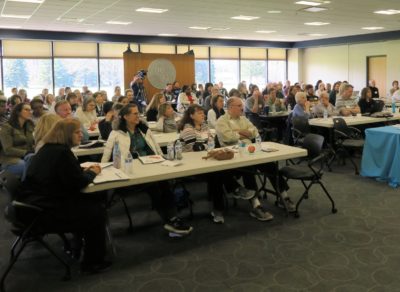
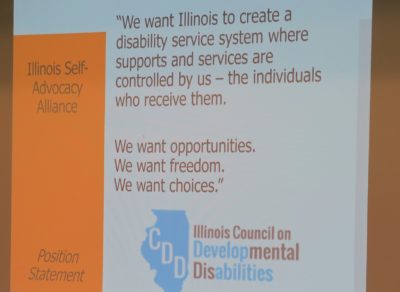
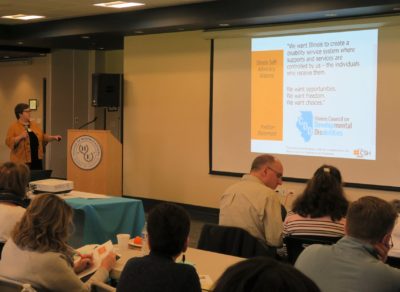
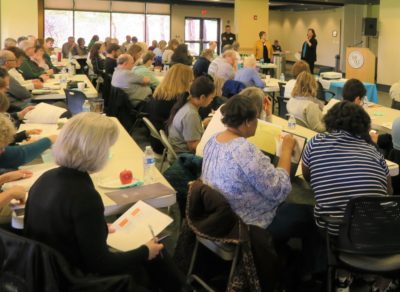
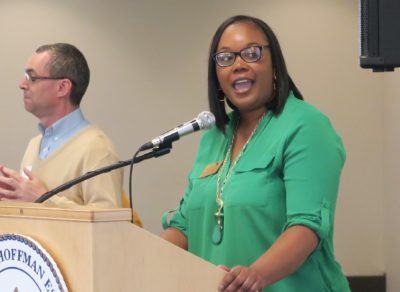
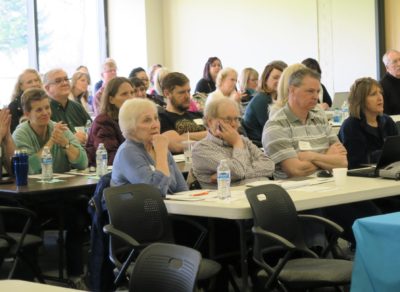
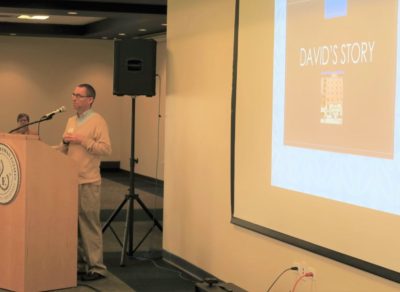
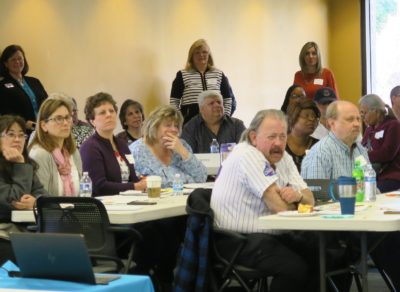
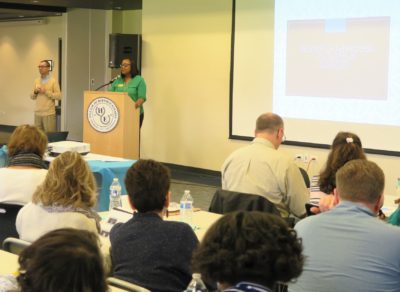
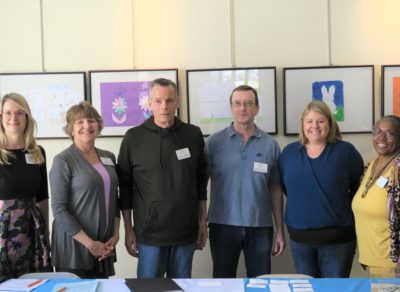
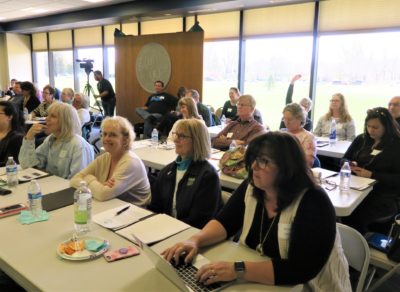
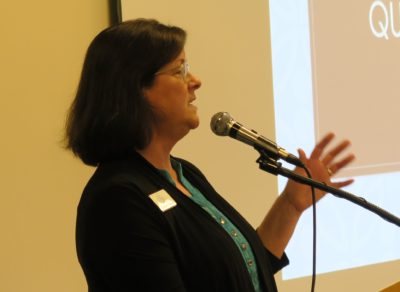
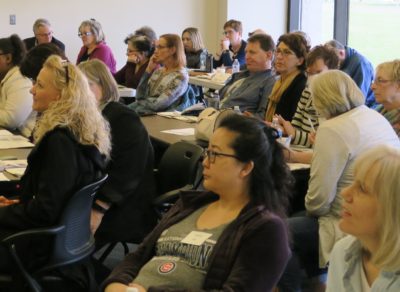
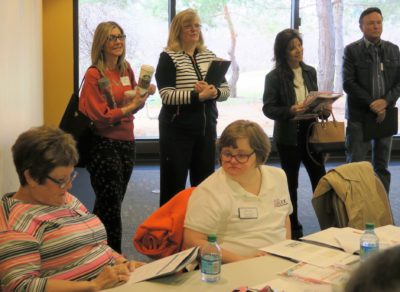
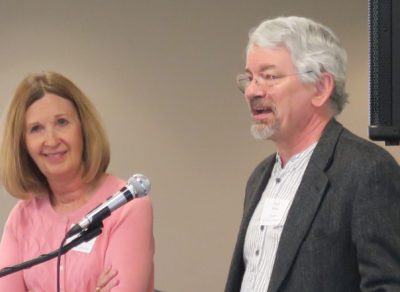
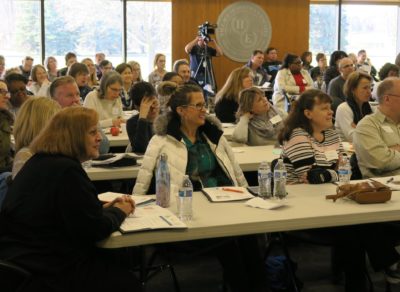
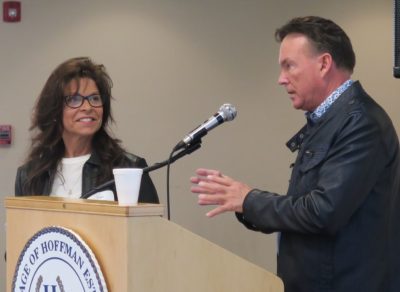
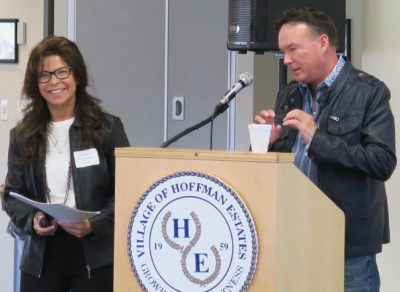
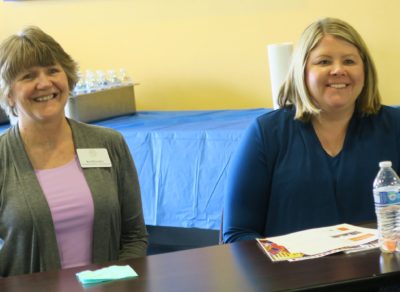
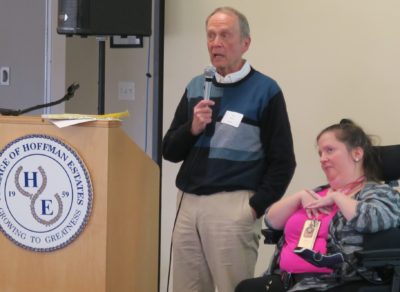
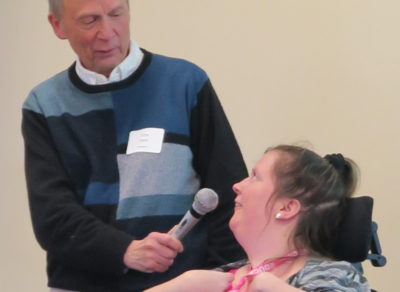
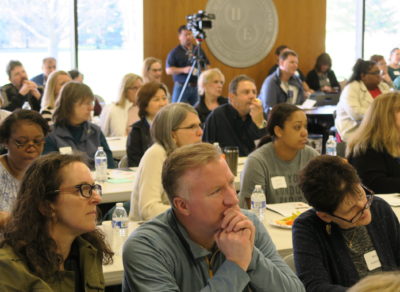
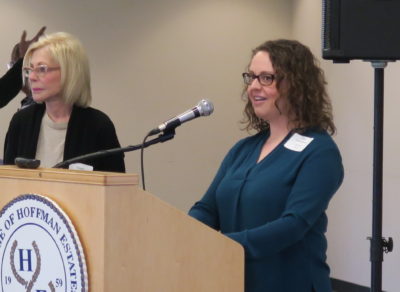
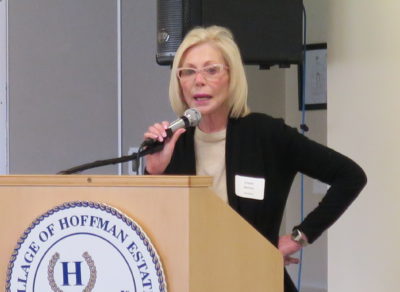
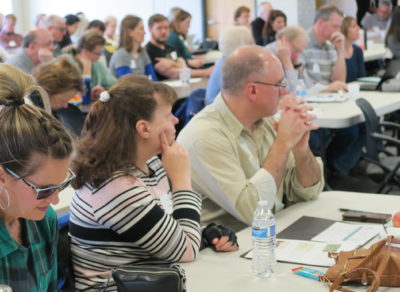
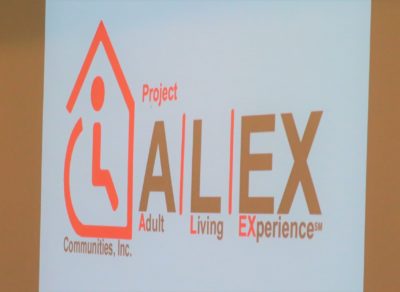
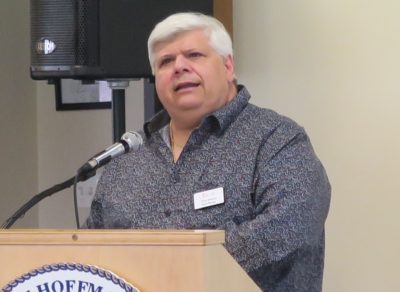
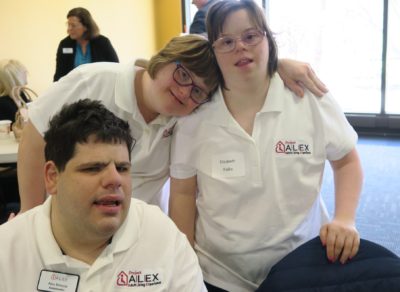
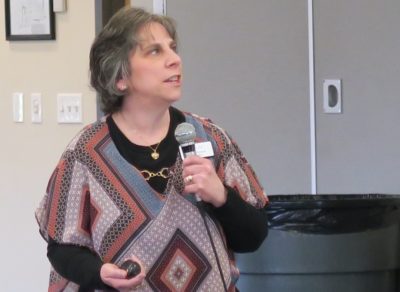
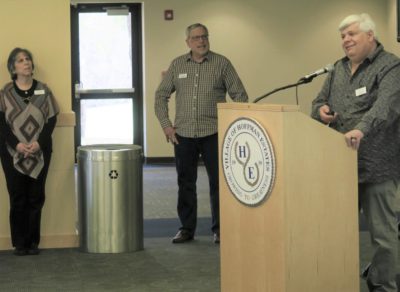
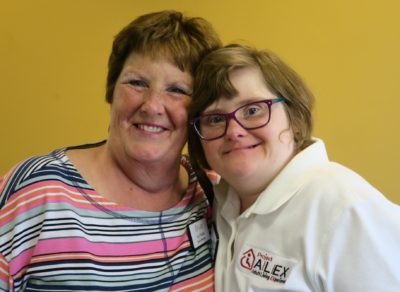
Comments are closed.